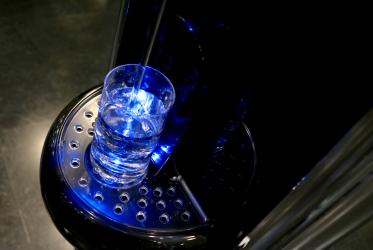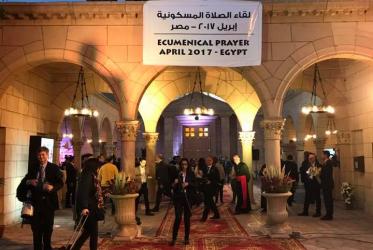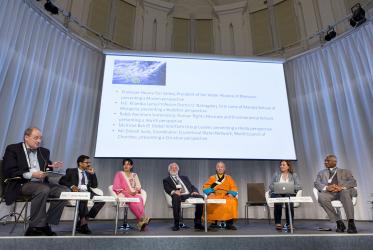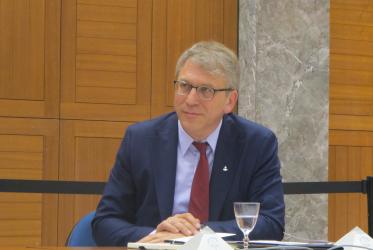Displaying 1 - 20 of 24
WCC represented at G20 Interfaith forum in Tokyo
13 June 2019
WCC leader offers Steve de Gruchy Memorial Lecture
24 April 2018
Roman Catholic-WCC group focuses on peace-building, migration
19 September 2017
What does ‘prudence’ mean for dialogue and peace-building?
16 November 2016
Catholic-WCC group pursues new mandate
13 April 2016














